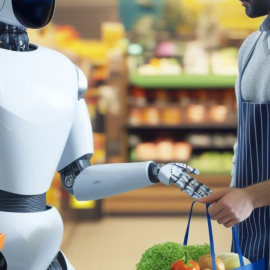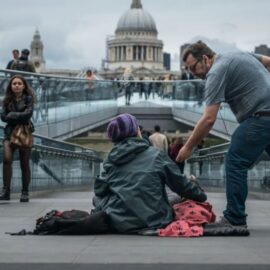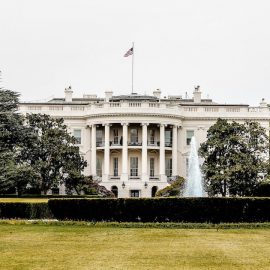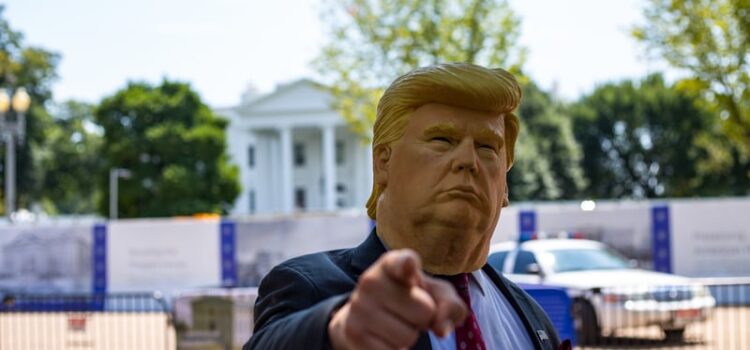
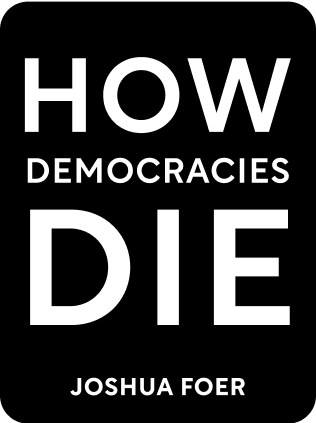
This article is an excerpt from the Shortform book guide to "How Democracies Die" by Steven Levitsky and Daniel Ziblatt. Shortform has the world's best summaries and analyses of books you should be reading.
Like this article? Sign up for a free trial here .
Why are there celebrities in politics? How did this culture inspire someone like Trump to run for office?
There are numerous instances of celebrities in politics in the U.S. Arguably the most successful campaign run by a celebrity was Donald Trump’s presidential election in 2016.
Read more about celebrities in politics and how it lead to the the election of Donald Trump.
Vulnerability to Celebrities in Politics
We’ll look at perhaps the most significant consequence of this destruction of the gatekeeping power of major parties—the nomination and election of Donald Trump in 2016. We’ll explore celebrities in politics, why Trump was such a dangerous figure, why party leaders failed to stop his nomination, and how they enabled his success in the general election.
Early insurgent candidates like Pat Robertson and Steve Forbes failed to win the Republican nomination when they ran in 1988 and 2000, respectively. But in running, they exposed how vulnerable the new system truly was to hostile takeovers by outsiders with little institutional support within the party. Celebrities in politics weren’t taken too seriously at this point.
These candidates garnered high name recognition and earned a great deal of coverage from the media, which greatly boosted their national profiles. Robertson was a famous televangelist, who boasted a built-in audience of millions of loyal viewers before he launched his presidential bid.
Forbes, meanwhile, was a famous businessman with billions of dollars of his own money to spend—he could bypass the network of traditional GOP donors, because he didn’t need to raise money from them.
The rise of alternative media like Twitter and Facebook, as well as explicitly ideological and partisan media (especially on the conservative side of American politics) also served to weaken the parties as institutions. Through these channels, an outsider celebrity candidate could get their message across far more easily and communicate directly with their supporters. Media and technology, like the nomination process itself, had become democratized.
All of these factors were in place by 2015, when Donald Trump launched his bid for the Republican nomination. They were to give his campaign, at first considered a longshot, a decisive advantage and prove once and for all that the old system of party gatekeeping was truly gone.
Donald Trump: Outsider Candidate
The acceptance of celebrities in politics continued to grow. When Donald Trump launched his campaign for the Republican nomination in June 2015, he was widely considered to be a novelty candidate who stood no chance of actually winning. He was a total outsider to GOP politics—he’d never held elected office, had no close institutional ties to the party, and seemed to lack the most basic grounding in conservative ideology.
Trump also seemed to do himself no favors with his outlandish rhetoric and extreme statements—including calling Mexican immigrants “murderers” and “rapists” and mocking US Senator and 2008 presidential nominee John McCain (R-AZ) for having been captured and imprisoned by the North Vietnamese during the Vietnam War.
But Trump had critical advantages that party insiders overlooked. He was already a household name, having been a famous New York real estate developer since the early 1980s. On top of this, Trump was the host of The Apprentice, a popular reality television contest show, which exposed him to an even wider audience and boosted his image as a successful businessman.

———End of Preview———
Like what you just read? Read the rest of the world's best book summary and analysis of Steven Levitsky and Daniel Ziblatt's "How Democracies Die" at Shortform .
Here's what you'll find in our full How Democracies Die summary :
- How shared norms are essential for preserving democracy
- Why the Trump presidency threatened those shared norms
- Why democracy goes beyond individual leaders and parties and must be a shared enterprise among committed individuals

